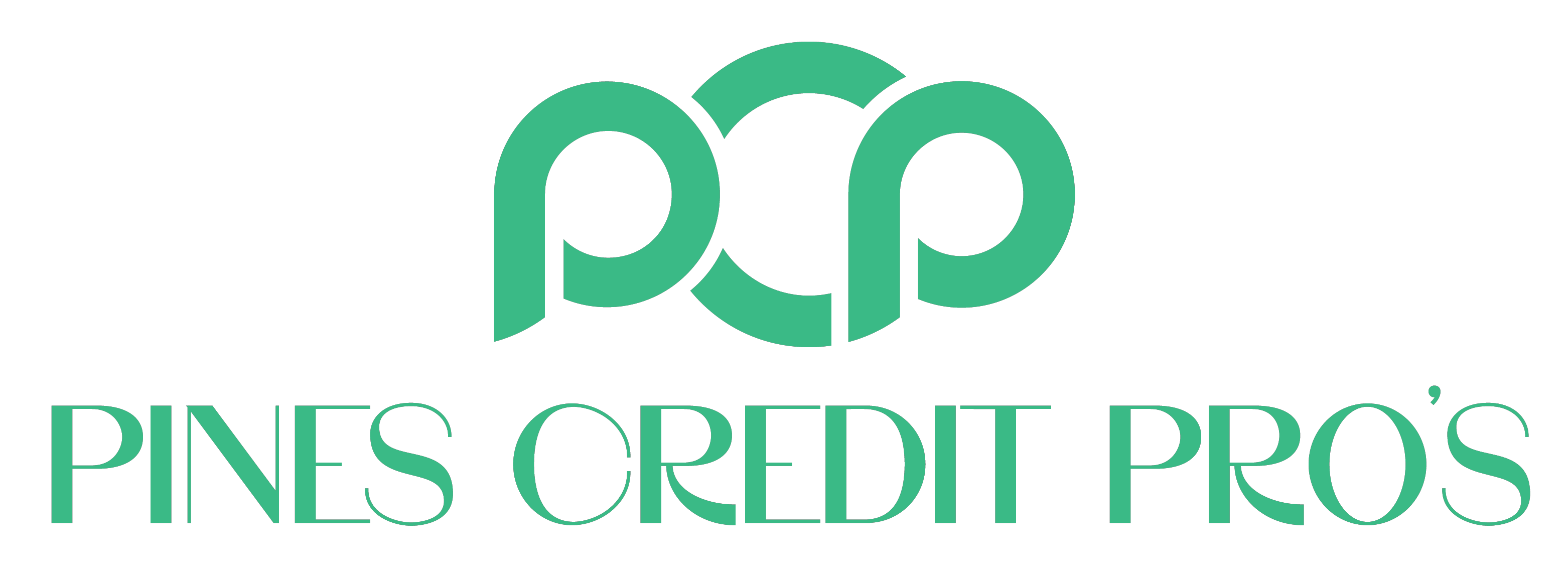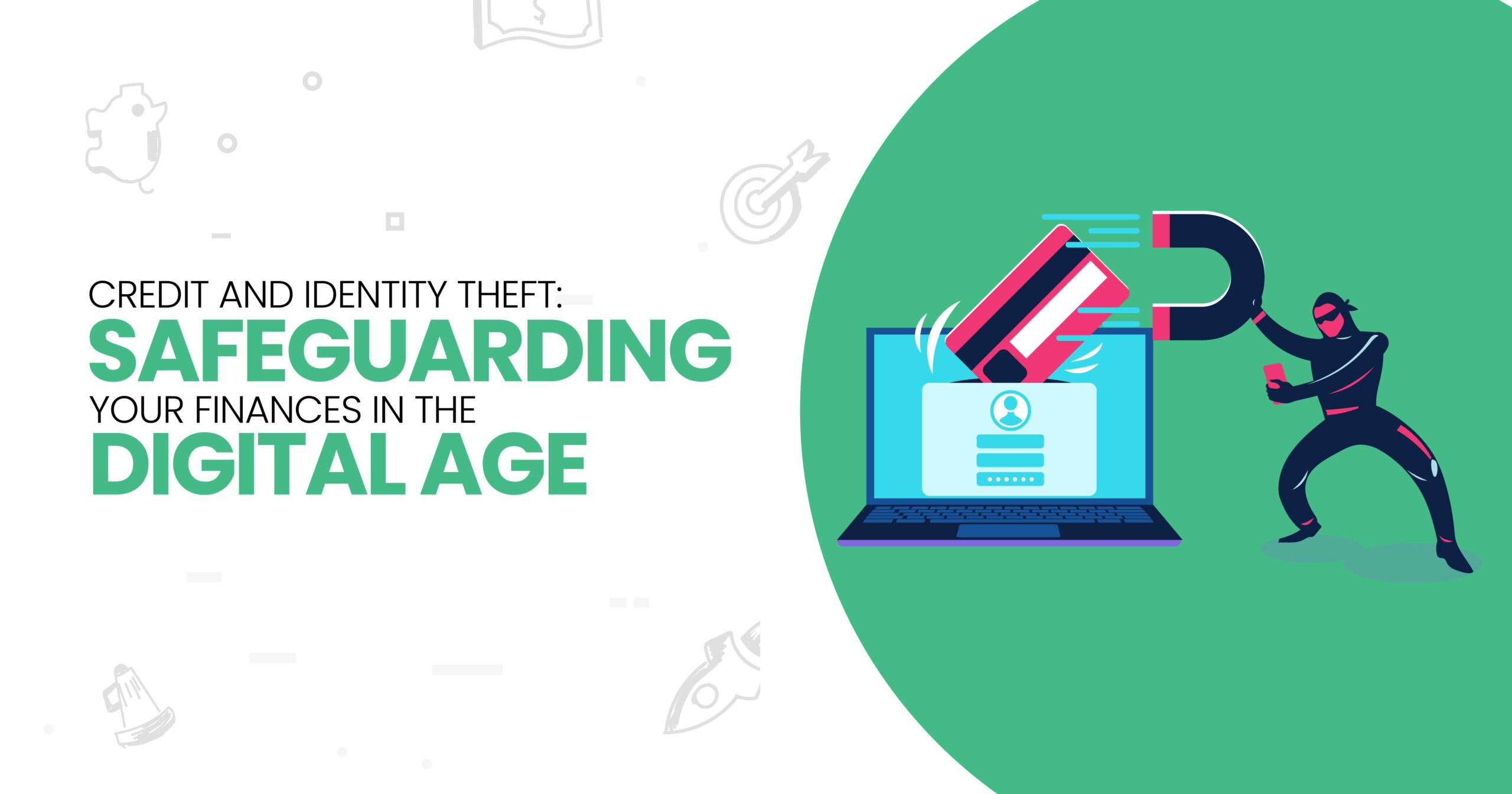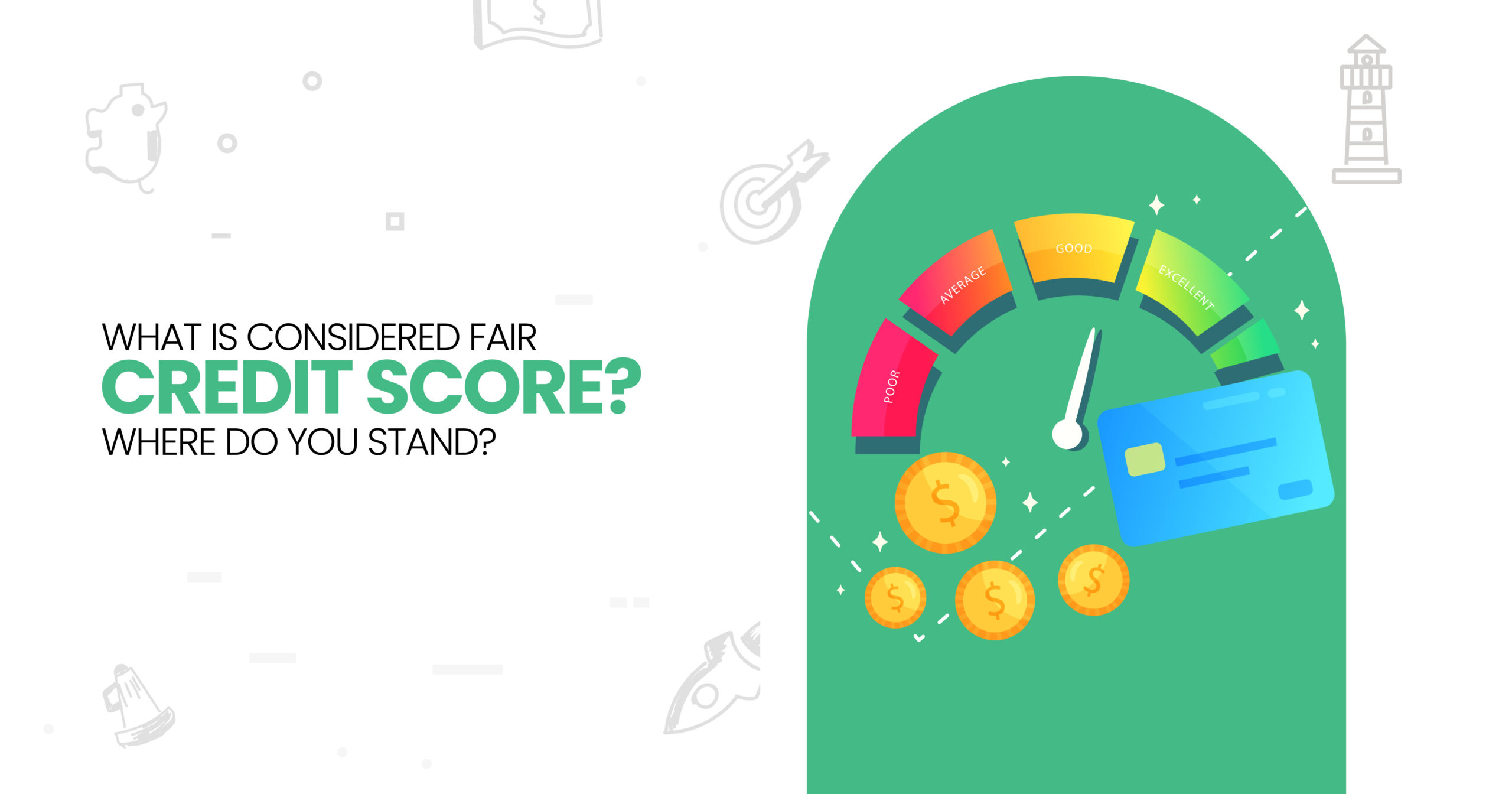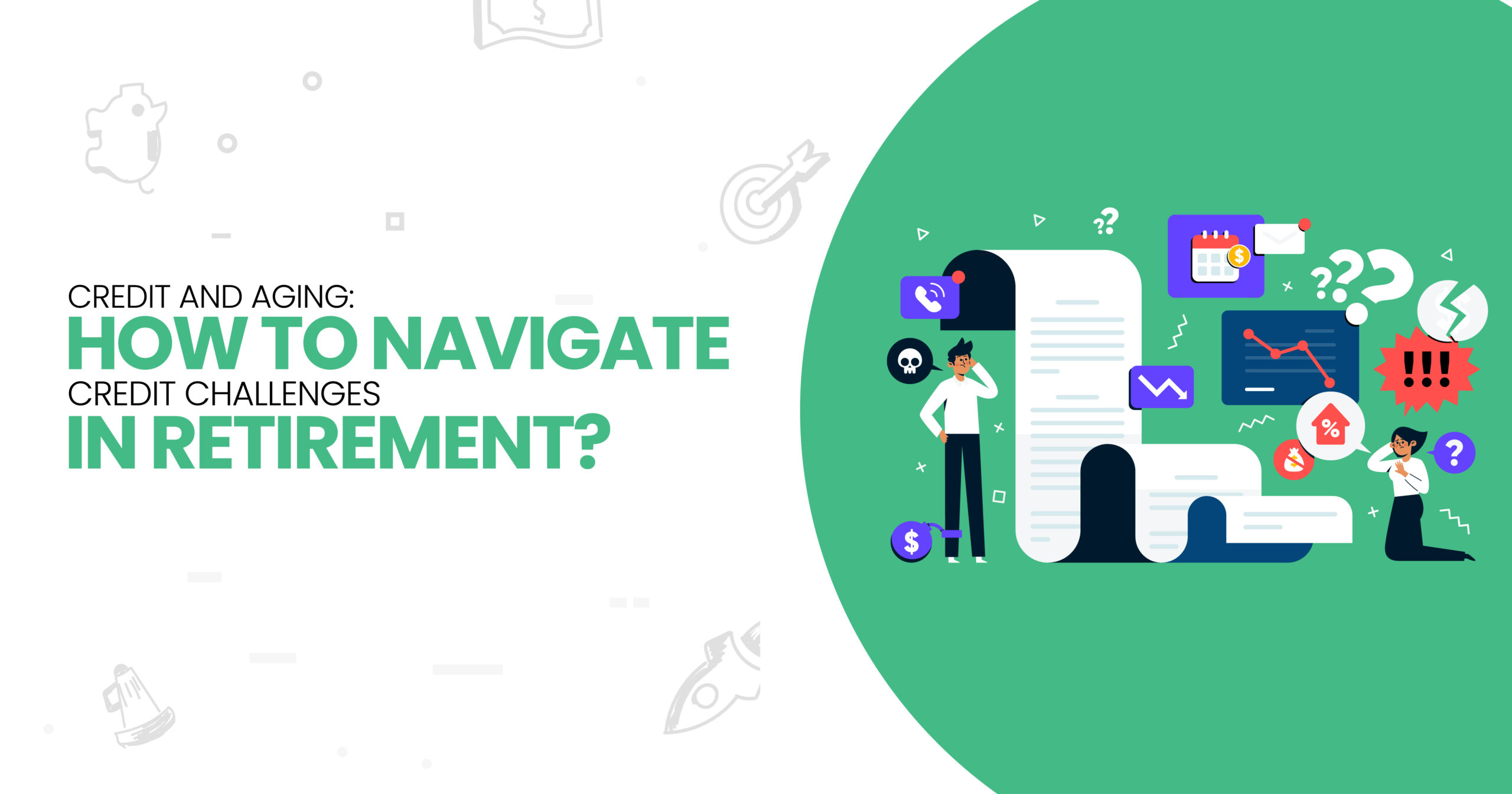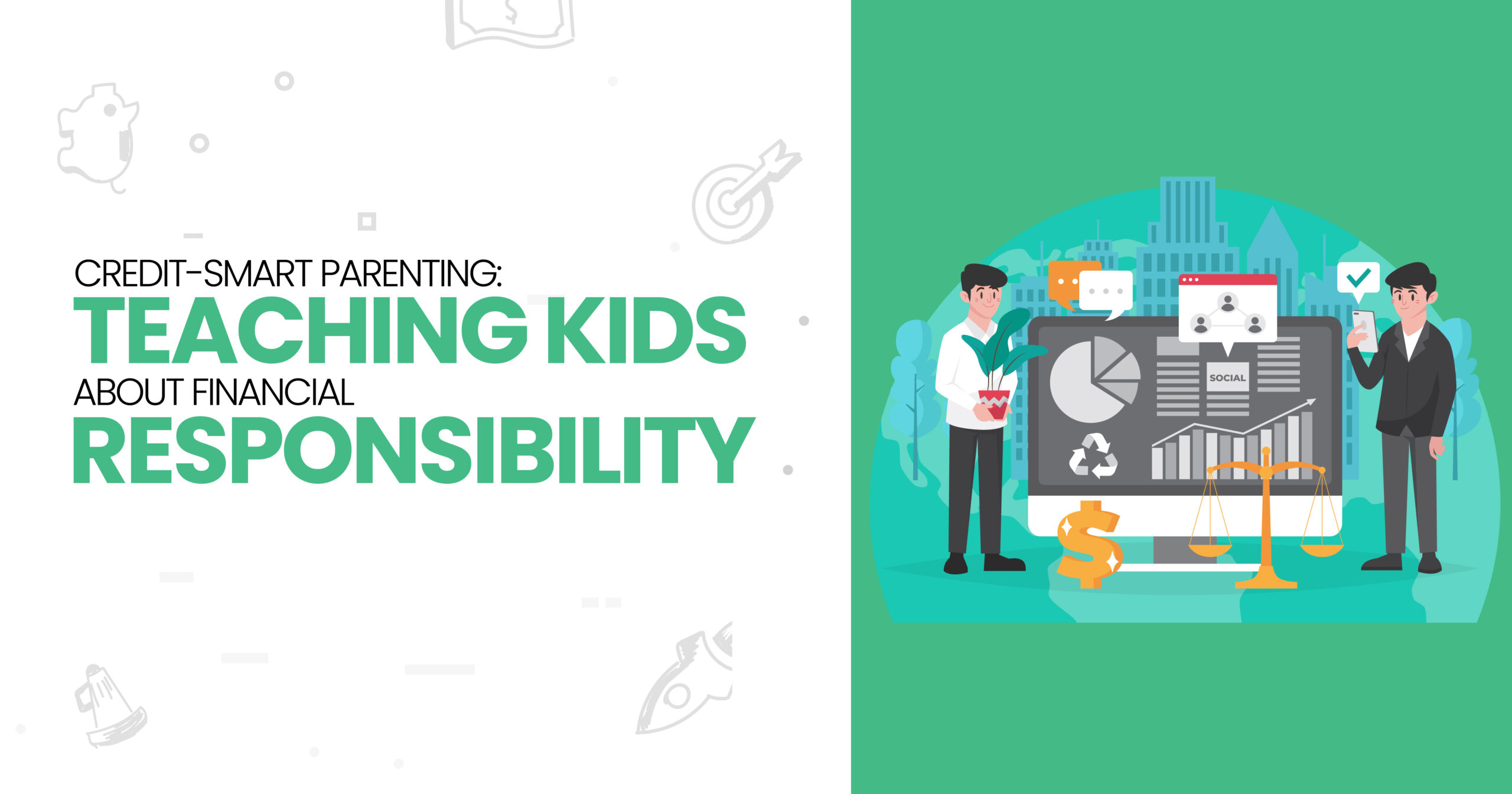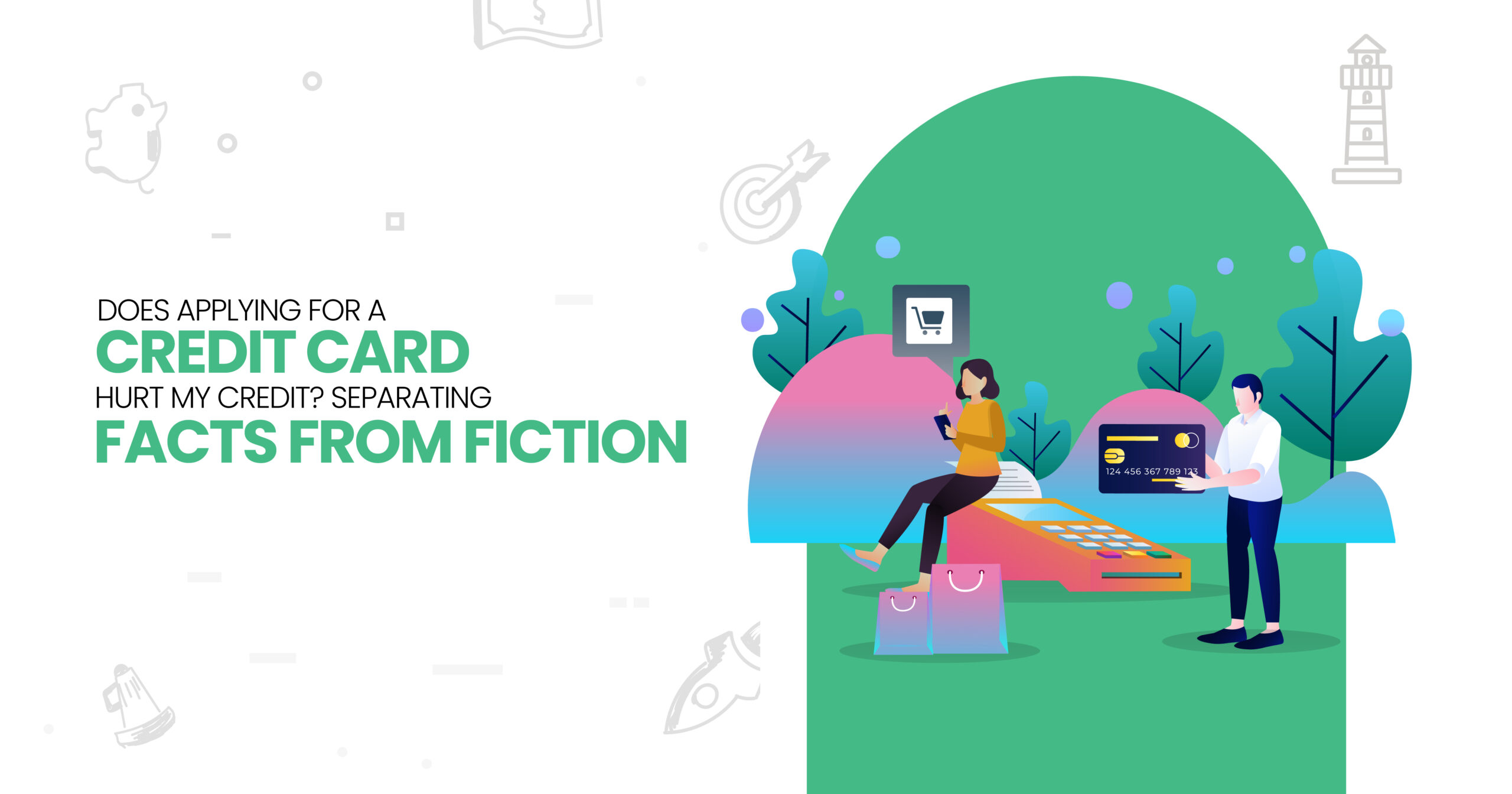Need help? Get in touch!
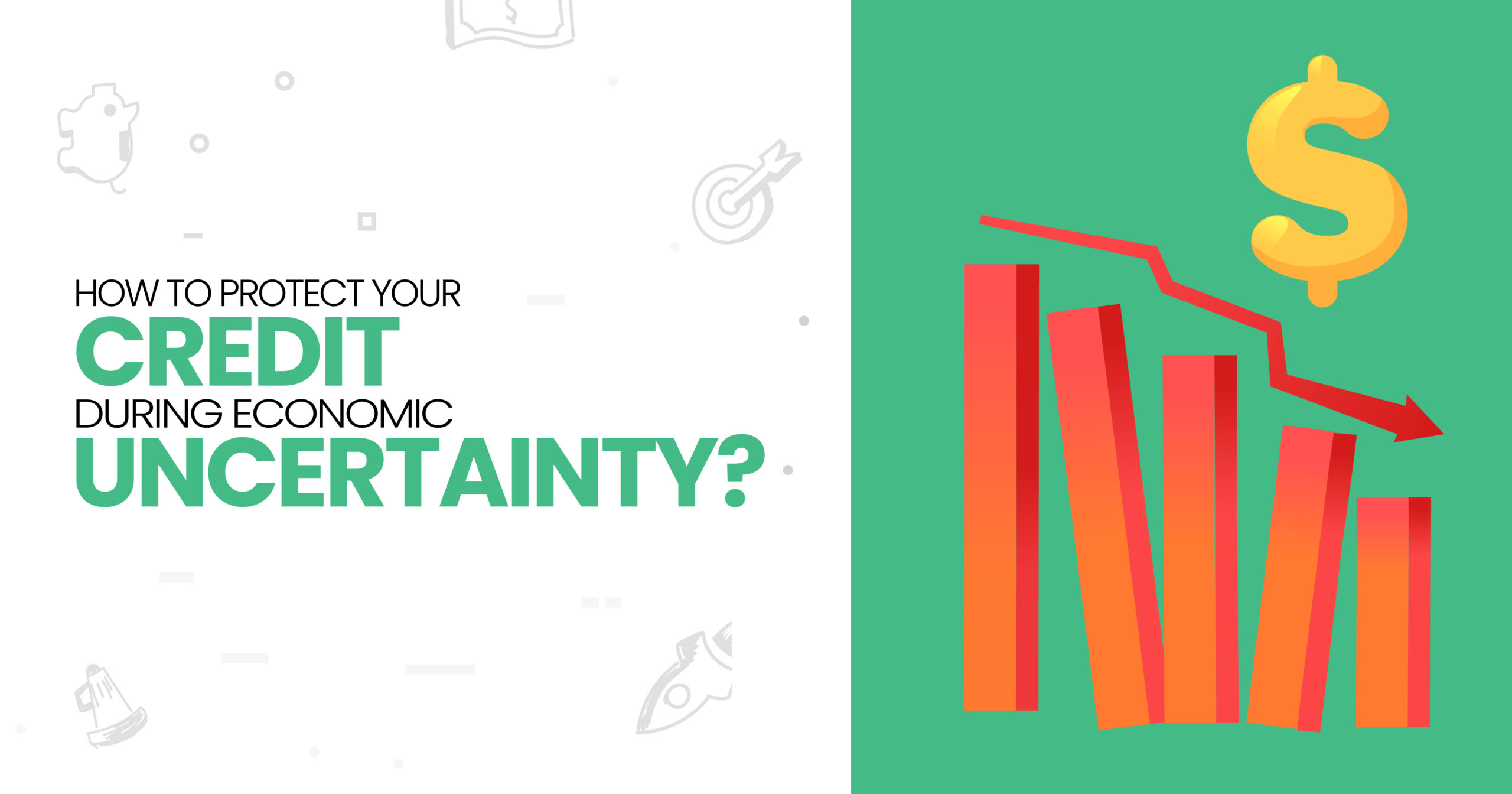
How To Protect Your Credit During Economic Uncertainty?
Maintaining financial resilience is more important than ever in today’s world where the economy doesn’t have a stable figure. With economic uncertainty looming, protecting your credit is crucial for weathering potential financial storms. Your credit score is a number that reflects your financial health and can impact your ability to secure loans, buy a home, or even land a job.
What Can Cause Danger To Credit?
Several factors can pose a danger to your credit health, potentially leading to a lower credit score and reduced access to credit. Some common factors include:
- Late Payments: Failing to make payments on time can have a significant negative impact on your credit score. Payment history is one of the most important factors in determining your credit score, so consistently missing payments can lower your score.
- High Credit Card Balances: Carrying high balances on your credit cards relative to your credit limits can also harm your credit score. This is known as credit utilization, and keeping it below 30% is generally recommended.
- Closing Credit Accounts: Closing old credit accounts can shorten your credit history and reduce the overall amount of credit available to you, both of which can lower your credit score.
- Applying for Multiple Credit Accounts: Applying for multiple credit accounts within a short period of time can lower your credit score, as it may indicate to lenders that you are in financial distress and seeking credit to cover expenses.
- Foreclosure or Bankruptcy: Major financial events such as foreclosure or bankruptcy can have a significant negative impact on your credit score and may stay on your credit report for several years.
- Identity Theft: If someone steals your identity and uses your information to open credit accounts or make purchases, it can damage your credit if not caught and resolved quickly.
- Maxing Out Credit Cards: Using all of your available credit can indicate financial strain and may lower your credit score.
- Not Using Credit: Surprisingly, not using credit at all can also be detrimental to your credit health. Lenders want to see that you can manage credit responsibly, so having no credit history may make it difficult to qualify for loans or credit cards.
Challenges During Economic Uncertainty
During times of economic uncertainty, several challenges can arise that may impact your credit:
- Job Insecurity: Economic uncertainty often leads to layoffs, reduced hours, or hiring freezes, creating a sense of job insecurity for many workers. This can result in decreased income and financial instability.
- Income Reduction: Even for those who remain employed, economic uncertainty can lead to reduced income through pay cuts, furloughs, or loss of bonuses or commissions. This reduction in income can make it challenging to meet financial obligations.
- Increased Debt: To cope with financial difficulties, individuals may turn to credit cards, loans, or other forms of debt, leading to an increase in overall debt levels. This can further strain finances and impact credit scores.
- Limited Access to Credit: During economic uncertainty, lenders may tighten their lending criteria, making it more difficult for individuals and businesses to access credit. This can be particularly challenging for those who rely on credit for day-to-day expenses or to fund their businesses.
- Market Volatility: Economic uncertainty often leads to increased volatility in financial markets. This can impact investment portfolios and retirement savings, potentially reducing long-term financial security.
- Supply Chain Disruptions: Economic uncertainty can disrupt supply chains, leading to shortages of goods and services. This can impact businesses’ ability to operate and individuals’ ability to access essential items.
- Housing Market Instability: Economic uncertainty can lead to fluctuations in the housing market, affecting home prices and the availability of mortgages. This can impact individuals’ ability to buy or sell homes and can also impact rental markets.
- Healthcare Costs: Economic uncertainty can impact access to healthcare and increase healthcare costs, particularly for those without adequate insurance coverage. This can strain individuals’ finances and lead to increased debt.
Tips For Protecting Your Credit
- Monitor your credit report regularly. Check your credit report regularly to ensure there are no errors or fraudulent activities. You’re entitled to a free credit report from each of the three major credit bureaus once a year.
- Make timely payments by paying your bills on time, every time. Late payments can have a significant negative impact on your credit score.
- Keep credit card balances low. Try to keep your credit card balances below 30% of your credit limit. High credit utilization can lower your credit score.
- Avoid opening unnecessary lines of credit. While it may be tempting to open new credit accounts, especially during tough times, doing so can negatively impact your credit score.
- Consider debt consolidation or restructuring options. If you’re struggling to make payments, consider consolidating or restructuring your debt to make it more manageable.
Creating A Financial Safety Net
Building a financial safety net can help protect your credit during times of economic uncertainty. Here are some steps you can take:
- Build an emergency fund and save enough money to cover at least three to six months’ worth of expenses. This can help you avoid relying on credit cards or loans in case of unexpected expenses or income loss.
- Evaluate and reduce non-essential expenses. Take a close look at your budget and identify areas where you can cut back on expenses. This can help free up more money for savings or debt repayment.
- Explore and have alternative income sources. Look for ways to supplement your income, such as freelancing, consulting, or taking on a part-time job. Diversifying your income can help protect you from income loss.
Seeking Professional Assistance
If you’re struggling to manage your credit during economic uncertainty, consider seeking professional assistance:
- Credit Counseling Services: Nonprofit credit counseling agencies can help you develop a plan to manage your debt and improve your credit.
- Financial Advisors: A financial advisor can help you create a financial plan tailored to your specific situation and goals.
- Legal Assistance For Debt Management: If you’re facing overwhelming debt, consider seeking legal assistance to explore options such as debt settlement or bankruptcy.
Conclusion
Protecting your credit during economic uncertainty is essential for maintaining financial stability. By understanding your credit, being proactive in managing it, and building a financial safety net, you can protect yourself from the negative impacts of economic downturns.
related post
- Located in Pembroke Pines, FL
- FICO is a registered trademark of Fair Isaac Corporation in the United States and other countries. Pines Credit Pros does not offer legal advice and is not a substitute for legal services. Pines Credit Pros does not guarantee the permanent removal of verifiable tradelines or make promise(s) of any particular outcome whatsoever. Pines Credit Pros requires active participation from its clientele regarding requested documents and information, including investigation results, for the sought-after outcome of a healthy, accurate credit report. Individual results may vary.
